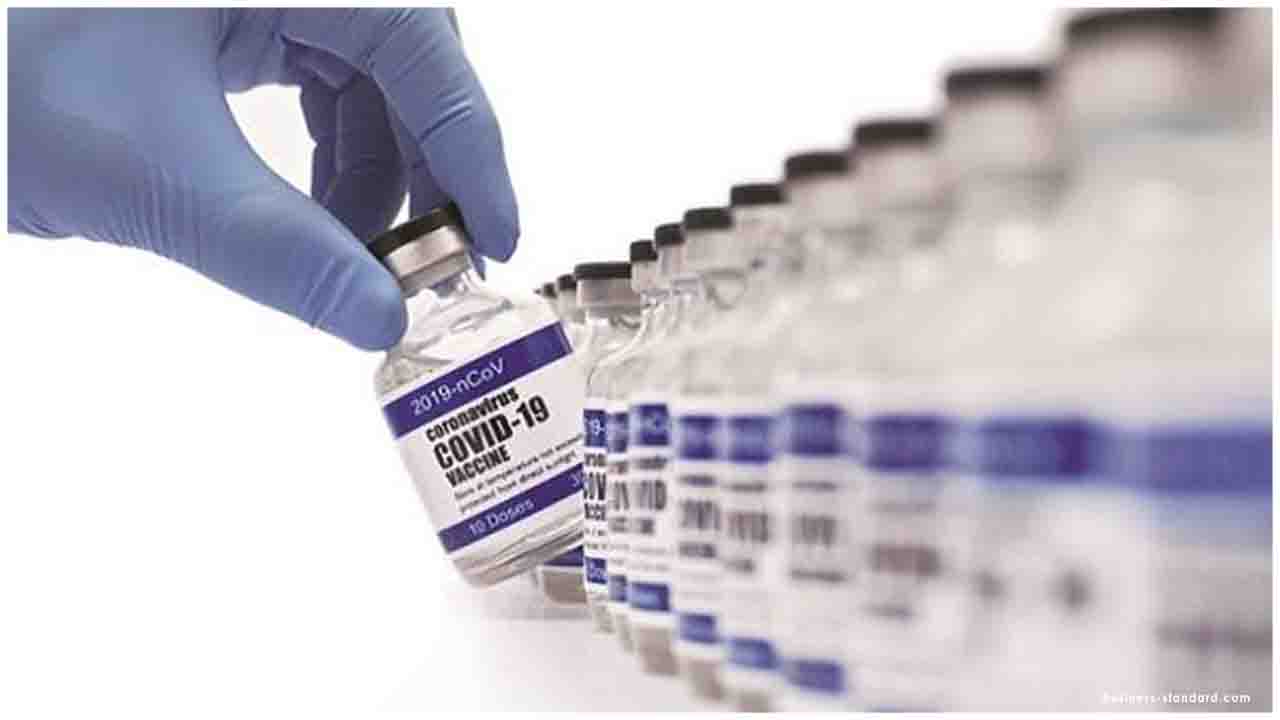Pfizer Inc. and BioNTech SE today announced an agreement with the Ministry of Health, Labour and Welfare (MHLW) in Japan to supply 120 million doses of BNT162 mRNA-based vaccine candidate against SARS-CoV2, subject to clinical success and regulatory approval, beginning in 2021.
Financial details of the agreement were not disclosed, but the terms were based on the timing of delivery and the volume of doses. As requested by the Government of Japan, deliveries of the vaccine candidate are planned for the first half of 2021.
“We are deeply honored to work with the Japanese government and to marshal our scientific and manufacturing resources toward our shared goal of bringing millions of doses of a potential COVID-19 vaccine to the Japanese people as quickly as possible,” said Albert Bourla, Chairman and CEO, Pfizer. “In the face of this global health crisis, Pfizer’s purpose – breakthroughs that change patients’ lives – has taken on an even greater urgency. Under these difficult circumstances, we are proud to help support Japan in its steadfast determination to bring the world together at the 2020 Tokyo Olympics, in a celebration of solidarity, friendship and the power of sport as a global force for good. Our hope is that, subject to clinical and regulatory success, our potential vaccine will help make this happen.”
“In bringing the world together at one place, for centuries, the Olympic Games have been a symbol of a global community. As a renewed version of that very spirit, the 2020 Tokyo Olympics may become a symbol for all of us for how all nations around the world can overcome a global pandemic threat together. We are proud and honored that our vaccine candidate may contribute to the efforts undertaken by the government of Japan to turn this vision into reality,” said Ugur Sahin, M.D., CEO and Co-founder of BioNTech.
The BNT162 program is based on BioNTech’s proprietary mRNA technology and supported by Pfizer’s global vaccine development and manufacturing capabilities. The vaccine development program is evaluating at least four experimental vaccine candidates, each of which represents a unique combination of messenger RNA (mRNA) format and target antigen. The BNT162 vaccine candidates are undergoing clinical studies and are not currently approved for distribution anywhere in the world. Both collaborators are committed to developing these novel vaccines with pre-clinical and clinical data at the forefront of all their decision-making.
Recently, two of the companies’ four investigational vaccine candidates – BNT162b1 and BNT162b2 – received Fast Track designation from the U.S. Food and Drug Administration (FDA). This designation was granted based on preliminary data from Phase 1/2 studies that are currently ongoing in the United States and Germany as well as animal immunogenicity studies.
On July 27, Pfizer and BioNTech announced that following extensive review of preclinical and clinical data from Phase 1/2 clinical trials, and in consultation with the FDA’s Center for Biologics Evaluation and Research (CBER) and other global regulators, the companies selected the BNT162b2 vaccine candidate to move forward into a Phase 2/3 study. BNT162b2 encodes an optimized SARS-CoV-2 full-length spike glycoprotein (S), which is the target of virus-neutralizing antibodies. In the late-stage trial, the companies will study a 30 µg dose level in a 2 dose regimen among up to 30,000 participants aged 18 – 85 years. It is expected to include approximately 120 sites globally including in regions with significant expected SARS-CoV-2 transmission.
Assuming clinical success, Pfizer and BioNTech are on track to seek regulatory review for BNT162b2 as early as October 2020 and, if regulatory authorization or approval is obtained, plan to supply up to 100 million doses worldwide by the end of 2020 and approximately 1.3 billion doses by the end of 2021.
In addition to engagements with governments, Pfizer and BioNTech have provided an expression of interest for possible supply to the COVAX Facility, a mechanism established by Gavi, the Vaccine Alliance, the Coalition for Epidemic Preparedness Innovations (CEPI) and World Health Organization (WHO) that aims to provide governments, including those in the emerging markets, with early access to a large portfolio of COVID-19 candidate vaccines using a range of technology platforms, produced by multiple manufacturers across the world.

 Supply of 120 million doses to be provided in the first half of 2021, subject to regulatory approval
Supply of 120 million doses to be provided in the first half of 2021, subject to regulatory approval









.jpeg)




.jpeg)






.jpeg)









.jpg)


.jpg)
